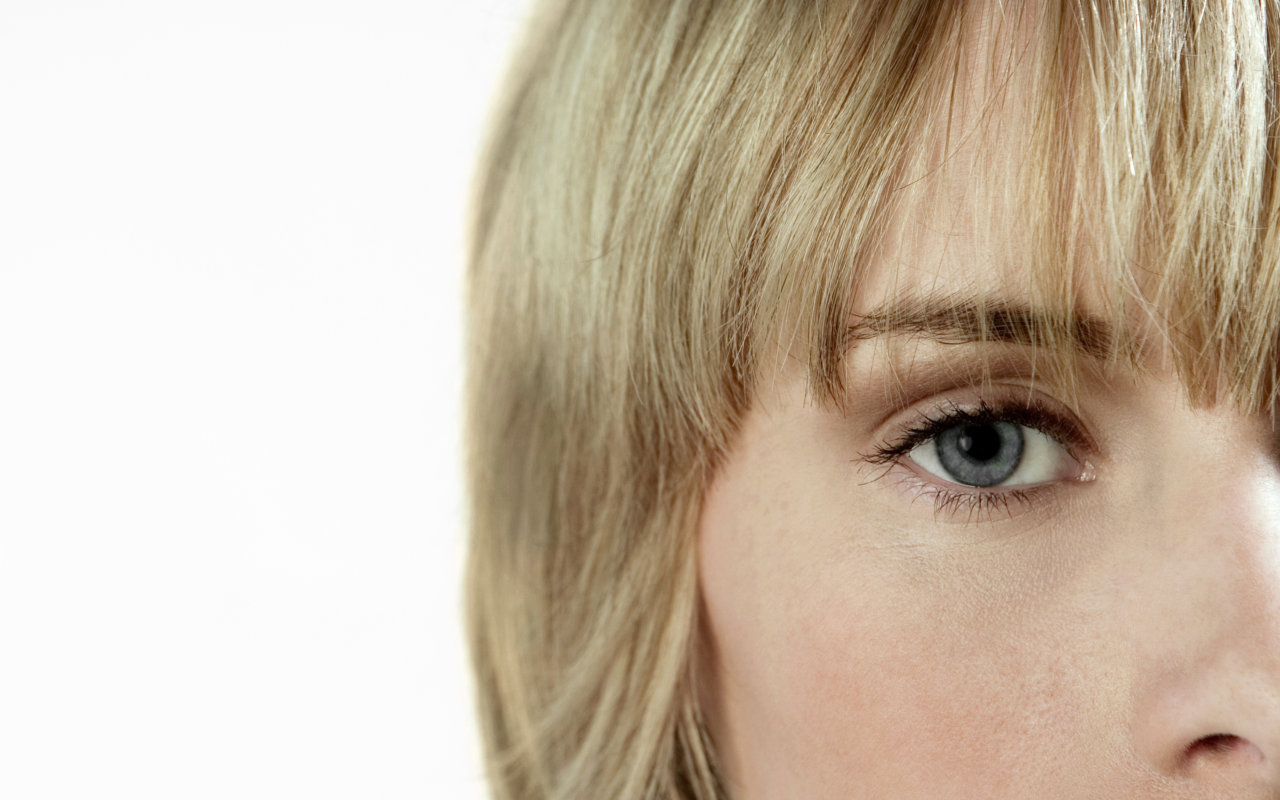
Last Updated on July 8, 2025 by Dr. Azhar I. Salahuddin
A massive 25 million Americans have cataracts. It is a common eye condition in which the lens of the eye gradually becomes weak, and your vision is impaired completely. Research done by the study “The Future of Vision” estimates the number of cataract patients will rise to 38.5 million by 2032 and 45.6 million by 2050.
Cataract massively reduces the sharpness of vision. The most common sign is a yellowish-brown tint that clouds your vision.
June Is Cataract Month
June has been declared Cataract Awareness Month by Prevent Blindness to educate the masses on the symptoms, risk factors, and available treatment options.
As you age, your eyesight takes a backseat, and you rely a lot more on your reading glasses for every activity that you undertake. Cataract often ambushes the eyesight of adults over 40. However, untreated cataracts do not come with a lot of noticeable symptoms.
It starts with the difficulty of seeing things around you. Most people assume it’s a prescription upgrade they require, and the first thing they do is rush to an optometrist. Some people might not be able to work or read under the same light, often not realizing they’re damaging their vision a little more.
Untreated cataracts get worse with time, and before you know it, your vision will get blurry to the point where no type of prescription lenses will work. Many people may also suffer from dry eyes, which can leave them feeling tired all the time.
But there’s no need for you to suffer for too long. These signs often indicate that it’s time for you to get cataract surgery.
Here Are Some Signs of Untreated Cataracts:
1. Double Vision
Double vision is an early sign of cataract. The cloudy layer on the eye lens can scatter the light entering your eyes, which leads to the formation of two images. Looking for corrective measures earlier is necessary to avoid adverse problems.
2. Difficulty Discerning Colors
Cataracts may affect your color vision. You may see some colors fade, and slowly, your vision may take on a yellowish or brownish tinge. Discoloration due to cataracts often goes ignored. But if it worsens, for example, difficulty distinguishing purples and blues, you must get your eyes examined.
3. Compromised Night Vision
With age, the lens of your eye, which sits behind your pupil, becomes cloudy. You may experience bothersome vision problems such as halos and glare at night. Cataract surgery is recommended if you need better visual acuity at night, especially when you are driving.
4. Total Blindness
Untreated cataracts lead to the road of complete blindness or legal blindness. People often feel worried when they hear the word “blindness”. But blindness caused by cataracts is reversible, restoring your vision with the help of cataract surgery and a pair of special contact lenses designed for both adults and children.
Read More: What Are Cataracts – All You Need to Know
Cataract Surgery Complications at a Later Age
Though cataract is a safe procedure, it can, like other surgeries, pose the risk of complications and serious medical illnesses. And the level of risk at an older age is higher. Let’s have a look.
Slow and Inconvenient Recovery
With age, the risk of developing serious diseases such as thyroid, hypertension, cancer, etc. increases. And people with these pre-existing conditions have higher chances of showing signs of complications, such as slow recovery. Diabetes, which is a common health issue in seniors, can alter the healing process dramatically.
Side Effects of Medication
Some people at an older age may not respond to medications very well. And this can lead to complications. For example, using steroids for the long term can make them likely to develop an infection. Or, the medication used for thinning the blood to prevent blood clots can make bleeding likely.
You won’t be able to do much about your age or a family history of cataracts. But you definitely make alterations to your diet. Eating foods rich in vitamin C and vitamin E can help prevent cataracts.
Try to add plenty of vegetables to your meals or add them as sides. Some effective ways to delay the progression of cataracts include reduced exposure to UV rays, eating vitamin-rich foods, avoiding smoking, and wearing the right eye protection gear to prevent eye injuries.
Read Related – How to Prevent Cataract from Getting Worse
If you already facing vision problems, visit your eye doctor to check for signs of untreated cataracts. Cataract surgery will restore your vision so that you don’t struggle with poor vision as you age.
Book an appointment with an experienced eye doctor in Fresno, CA, to correct your vision so that you enjoy the simple pleasures of life just as everyone else does

Dr. Azhar I. Salahuddin is an ophthalmologist and is fellowship-trained in cornea, external diseases, and refractive surgery. Dr. Salahuddin has been performing cataract surgery for over 19 years and specializes ocular reconstruction, corneal transplantation surgery as well as vision correction through a variety of intraocular lenses. Dr. Salahuddin is board-certified by the American Board of Ophthalmology and was trained at Boston University.

